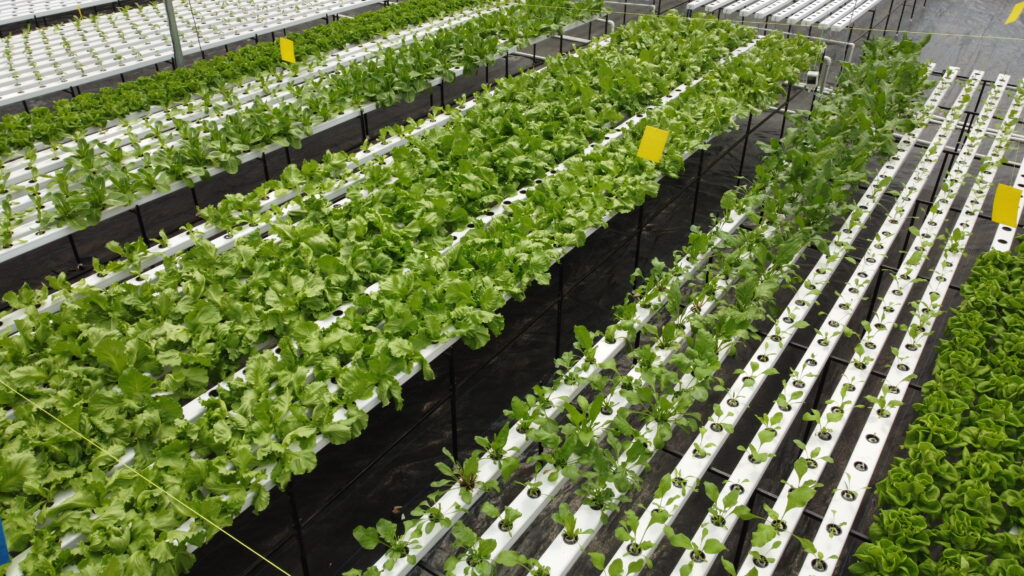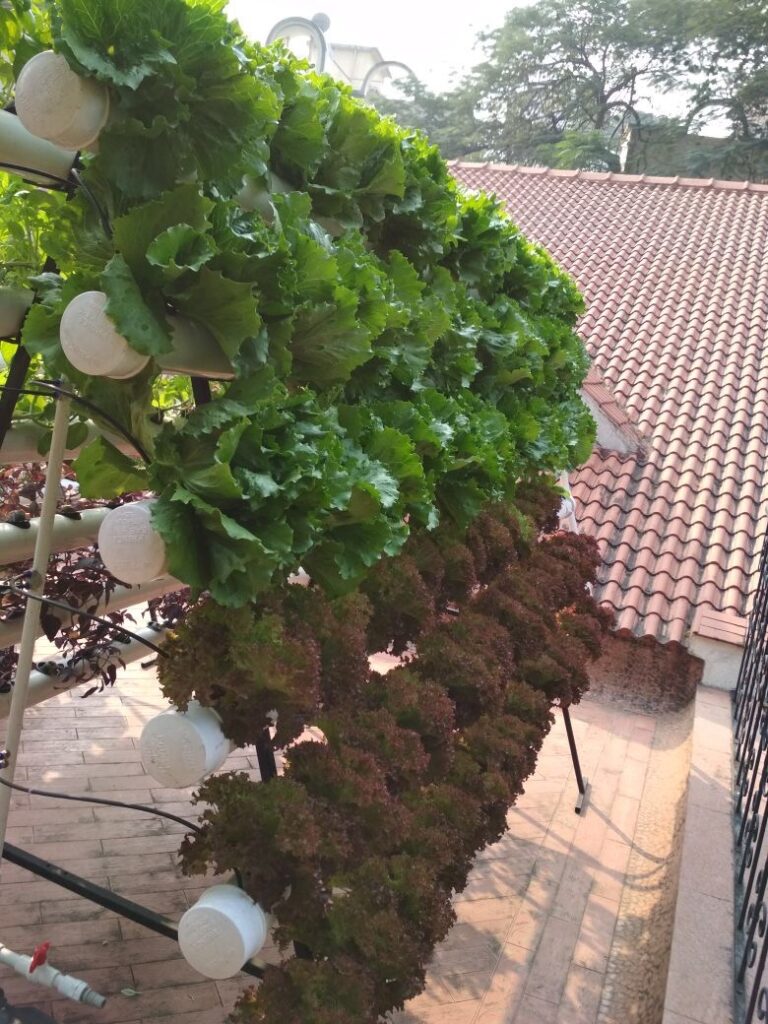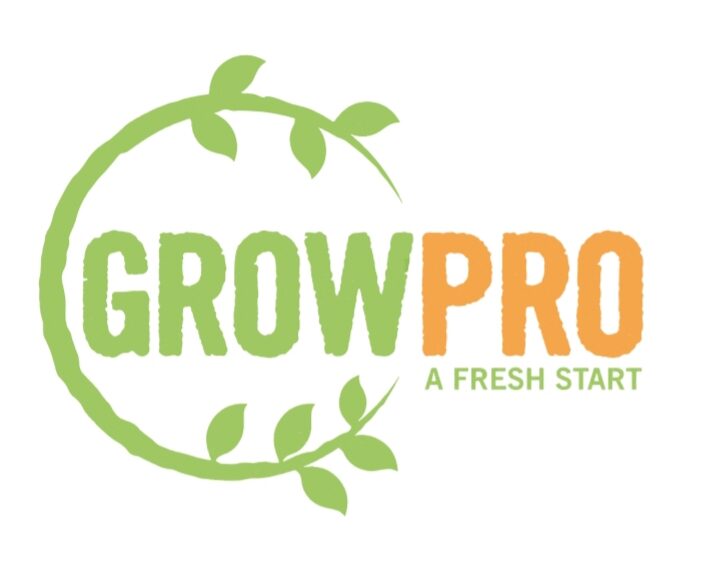Discovering Hydroponics
Our founder, Karan Dabrai, discovered the concept of hydroponics after graduating from the University of Illinois, Urbana-Champaign in 2015. Though hydroponic farming has existed for many decades, it was largely unexplored in 2015 and still remains relatively niche today. Being a mechanical engineer, Karan started making prototypes of hydroponic growers by getting his hands dirty, using tools like drill machines, jigsaws, and welding machines to fabricate these systems. Without a background in farming, trial and error on those prototypes was the only way to perfect the growing process. After achieving success in growing and developing a sellable design, our business was born.
Setting Up Kitchen Gardens
We began by installing our growers in customers’ balconies, terraces, and second homes. Our customers were fascinated by this ‘unheard-of concept’; they had the space, the funds, and the willingness to experiment!
Servicing the Growers
We soon realized customers needed a service plan to ensure their hydroponic systems operated at full capacity. We started offering germinated plants instead of seeds, saving time and adding convenience. Monthly visits to their premises provided training, technical assistance, and ensured plant health. Additionally, we supplied nutrients and neem oil, becoming a one-stop shop for all their hydroponic growing needs.
Selling Produce
To continue experimenting with new plant varieties, nutrients, and growing systems, we built a rooftop fan pad greenhouse in the heart of Mumbai. This allowed us to supply hydroponic leafy vegetables, herbs, salads, microgreens, and fruiting plants to modern trade retail outlets, restaurants, caterers, and end consumers.
Setting Up Commercial Farms
As successful commercial growers, many customers approached us for similar solutions. We began setting up commercial farms on large terraces and land parcels, providing end-to-end solutions from growing to packaging and selling.
Developing Indoor Growers
Initially, our growers required a minimum of 4-5 hours of natural sunlight. However, since many places in Mumbai lack sufficient sunlight, we developed indoor hydroponic systems that could grow vegetables anywhere:
–Inside Restaurants: Offering farm-to-table solutions with fresh vegetables.
–Inside Homes: For personal consumption.
–Inside Offices: Promoting sustainable farming practices and engaging employees.
–Inside Canteens: Providing fresh, pesticide-free vegetables for employees.
–Inside Empty Rooms: Enabling commercial indoor farming.
Creating Furniture-Integrated Growers
We designed our indoor growers for high net-worth individuals who invested significantly in their home interiors. They desired elegant solutions, so we ensured none of the piping, buckets, or stands were visible. Customers could enjoy the sight of lettuce growing beautifully at the bottom of a custom-built coffee table!
The Road Ahead
In our early days, we had to educate customers about hydroponics, convince them that plants can grow without soil, and then sell our growers once they believed in the concept. Hydroponics has come a long way since then. Post-pandemic, consumers are more informed about healthy eating and food control, leading to increased demand.
With the constant evolution and development of hydroponic systems, we at GrowPro are excited to see what the next 5-10 years hold for us and the industry.
Join us on this journey and start growing your own food hydroponically today! Visit our website to learn more and get started.


